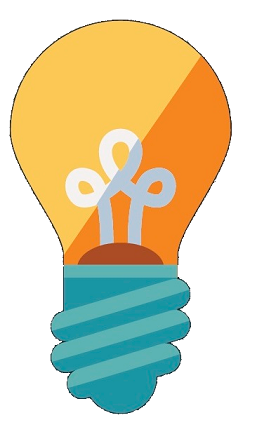Alternative medicine: Learning outcomes
‹ BACK TO INTRODUCTION
After completing this tutorial, you will be able to:
- Describe some of the safety concerns that herbal products and dietary supplements may present to patients.
- Search reliable resources for information about the safety of common herbal medicines and dietary supplements.
- Ask appropriate questions when talking to patients or healthcare professionals about the safety of these medicines.
You can download a PDF of the whole tutorial (without interactive elements such as the Learning exercises) and a one-page summary of key points.
 You should allow 60 minutes to complete this tutorial, including the Learning exercises.
You should allow 60 minutes to complete this tutorial, including the Learning exercises.Competencies
If you are a hospital trainee pharmacist, this tutorial may help you achieve GPhC learning outcomes such as these:- LO 5 Proactively support people to make safe and effective use of their medicines and devices
- LO 12 Take an all-inclusive approach to ensure the most appropriate course of action based on clinical, legal and professional considerations
- LO 16 Apply professional judgement in all circumstances, taking legal and ethical reasoning into account
- LO 30 Appraise the evidence base and apply clinical reasoning and professional judgement to make safe and logical decisions which minimise risk and optimise outcomes for the person
- LO 48 Actively take part in the management of risks and consider the impacts on people
If you are a foundation pharmacist, this tutorial may assist with meeting certain competencies from the RPS framework including:
- 1.1 Applies evidence-based clinical knowledge to make suitable recommendations or take appropriate actions
- 1.6 Uses own pharmaceutical knowledge to positively impact the usage and stewardship of medicines at an individual and population level.
- 1.7 Undertakes a holistic clinical review of a person’s medicines to ensure they are appropriate.
- 2.1 Keeps the individual at the centre of their approach to care at all times.
- 3.1 Draws upon own knowledge and up-to-date guidance to effectively make decisions appropriately and with confidence.
- 3.2 Critically appraises appropriate information to make a decision in an efficient and systematic manner; adopts evidence-informed solutions.
- 3.3 Demonstrate awareness of where to seek appropriate information to solve problems and make decisions.
- 3.5 Manages uncertainty and possible risk appropriately, while ensuring high attention to detail is maintained when making decisions regarding the individual receiving care.
- 6.5 Uses effective questioning when working with individuals receiving care or other healthcare professionals.
Continuing professional development
Finally, here are some CPD activities you could consider:
★ Next time that you identify a patient taking an alternative medicine, see if you can find an evidence based review of that product. The Cochrane Library has published many, or you could look on one of the sites in the Information sources or conduct an Embase/Medline search. What did you discover about the weight of evidence? How did it compare to the clinical trials evidence needed for a licensed prescription product? Write a CPD entry on what you have learned.
★ Reflect on the reasons why patients may take alternative medicines. Can you speak to some patients about why they do so? Write an account summarising your thoughts and the results of your interviews.
★ Next time that you identify a patient taking an alternative medicine, see if you can find an evidence based review of that product. The Cochrane Library has published many, or you could look on one of the sites in the Information sources or conduct an Embase/Medline search. What did you discover about the weight of evidence? How did it compare to the clinical trials evidence needed for a licensed prescription product? Write a CPD entry on what you have learned.
★ Reflect on the reasons why patients may take alternative medicines. Can you speak to some patients about why they do so? Write an account summarising your thoughts and the results of your interviews.








